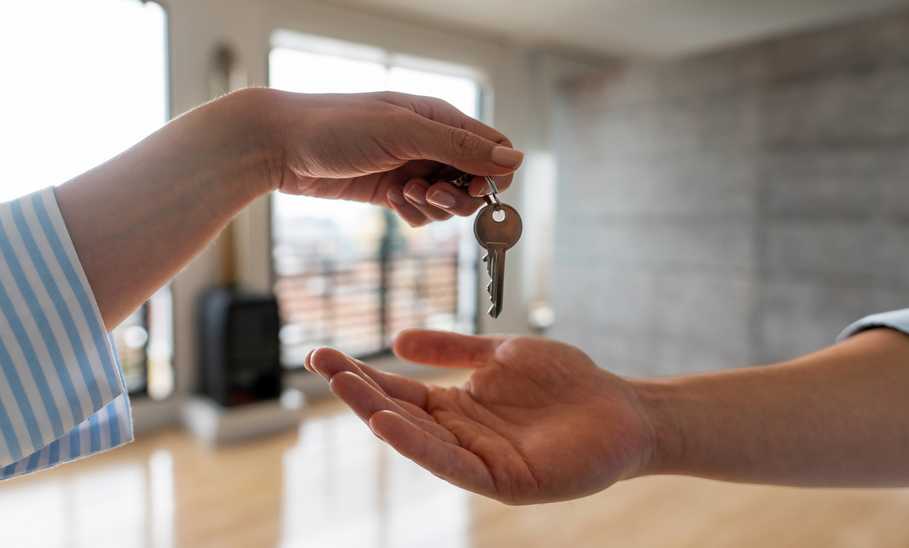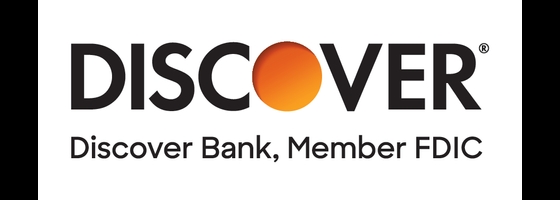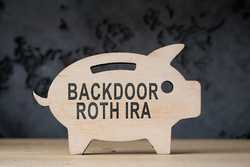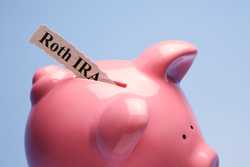7 Tips for Buying Rental Property

Our evaluations and opinions are not influenced by our advertising relationships, but we may earn a commission from our partners’ links. This content is created by TIME Stamped, under TIME’s direction and produced in accordance with TIME’s editorial guidelines and overseen by TIME’s editorial staff. Learn more about it.
If you’re interested in building wealth through real estate, you might be wondering what it takes to buy rental property. Even in a challenging real estate market, rental property remains a potentially viable investment vehicle. Read on for advice about buying it, including how to get started, how to make money, and whether or not being a landlord is the right choice for you. And if you decide against buying rental property, we’ll discuss other ways to invest in real estate.
Successfully buying rental property goes beyond the purchase. Understanding the business you’re getting into is essential before you spend your hard-earned money on rental property. Here are seven tips for buying rental property.
Real estate investors with an accomplished agent have a distinct advantage over the competition. Agents may be able to find deals for you, help with complicated contracts, and negotiate effectively.
“Not all agents work the same,” says David Greene, host of the BiggerPockets podcast and author of Pillars of Wealth: How to Make, Save, and Invest Your Money to Achieve Financial Freedom.
“When choosing your agent, there are definitely things to start off asking them,” he says. These may include:
“The goal is to find an agent who is well versed in the type of real estate you want to buy,” says Greene. “This is more complicated than just finding a local realtor who sells homes in your area.”
You’ll want some expertise as you enter the rental world. Some things you may want to start learning about include:
It may sound overwhelming at first, but just dive right in and learn one thing at a time.
Many people sell their homes and use the proceeds to buy the next home. It’s also possible that you could keep your first home, rent it out, and then buy your next home.
If you’re thinking about going in this direction, take a look at your budget and have a talk with your lender about how you can buy your next property without selling your current home. It might take some adjustments to your expectations, and you may want to start using a budgeting tool such as Quicken to help with your goals.
When you buy a property with multiple units, you can live in one and rent out the others. Depending on the numbers, it may be possible to get your living expenses paid for by the other rental units. Having your housing paid by the other tenants is where the term “house hacking” comes from.
There are multiple ways to assess a property for its income and profit potential. Here are a few:
There’s more than one way to buy a rental property. Investors have multiple methods and sources for financing rental property, such as:
Different situations call for a variety of lending solutions.
If you’re reconsidering buying rental property, there are other avenues you can take to invest in real estate.
Buying rental property and becoming a landlord is not for everyone. Once you’ve funded the purchase, your real job begins, and it can be stressful.
Even when you employ a professional management company, there are a lot of things that make buying rental property undesirable. Here are a few to keep in mind.
While handing over the reins to a professional management company might seem like a good idea, you should be aware that they may charge between 8% and 12% of the rent collected per month. This amount often won’t include new leasing fees, cleaning, repair, maintenance, or eviction expenses.
Experienced landlords and property managers have seen it all. Fires, floods, drugs, trash, animal issues, violence, neighbor issues, property damages, missed rent payments, and everything in between. They’ve also seen tenants who pay on time and keep the property clean and attractive.
If you’re in it for the long haul, you have to be tough, and you have to know your numbers. It can be a real challenge to make money in real estate.
Once you’ve done your homework, here are five actionable steps for buying rental property.
After you’ve bought your property, your journey as an owner and landlord begins. Start putting processes in place to help the business run smoothly.
With rental property you’re looking to make money in one of two ways.
Cash flow is how much money is left over after you’ve paid your expenses. If your rent is $1,500, and your expenses are $1,000, your cash flow would be $500. Included in calculating cash flow are such variables as acquisition costs, ongoing expenses, and rental market rates.
Appreciation is the increase in the value of your property. Certain markets see better price appreciation than others.
Ideally, you’ll make money in real estate through a combination of both cash flow and price appreciation–but it can be difficult. “In today's market more people than ever are looking to make money in real estate, specifically through rental properties,” says Greene. “The challenge is, very few rental properties cash flow positively now that interest rates have increased, but property prices are still high. The key in today's market is making money in ways other investors don't see. Prudent investors look for ways to add value to the properties they buy.”
And what would those ways be? “As simple as making small properties bigger, or as complex as adding additional units to properties to increase the total revenue they can bring in,” says Greene. “The smart money doesn't see the property for what it is now; it sees it for how it would best be used.”
Greene sums it up this way: “Rental investors need to take a long-term and intelligent dive into what, when, and where to buy real estate. Choosing the right markets—with growing demand and constricted supply—can lead to huge future returns, even if they don't look appealing at first sight.”
Rental property comes with a lot of risks, but there are also plenty of rewards involved if you get the right property and manage it properly.
Rewards
Risks
Buying rental property can be tough, and it may not be all that rewarding. Not everyone is cut out to be a landlord. That said, it can also be a life-changing way to build wealth. Determination can make or break you. If you do your due diligence, create a plan, and keep to it, you’ll find a way to make rental property pay.
It may be possible to use equity from your first rental property to help pay for a second. A cash-out refinance and a HELOC are popular options. You can also go the traditional route and put down additional money on a rental property with an investment property mortgage. If you want to sell property to buy a second rental, a mortgage trade-in from a lender such as Calque is another option.
The best answer to this question, of course, is, “It depends.” Generally speaking, the higher the cap rate, the higher your risk and rewards are. It’s variable, but vacation rental management company Vacasa says rates between 3% and 8% are normal, depending on your area. This number doesn’t include price appreciation.
As there are several ways to calculate depreciation on a rental property, there’s no short answer to this question. You may want to hand it over to your accountant. Still, the most common method is to use straight-line depreciation over 27.5 years. This means you’ll depreciate the property evenly over 27.5 years.
To do this, take the cost basis (how much you paid to acquire the property) and divide that by 27.5. For example, if your property cost $500,000, divide that by 27.5. The result is $18,181.82, which is the amount that will go on your taxes. Note: Be sure to calculate depreciation based on how much you spent to acquire the property and not its current market value.
The information presented here is created by TIME Stamped and overseen by TIME editorial staff. To learn more, see our About Us page.




